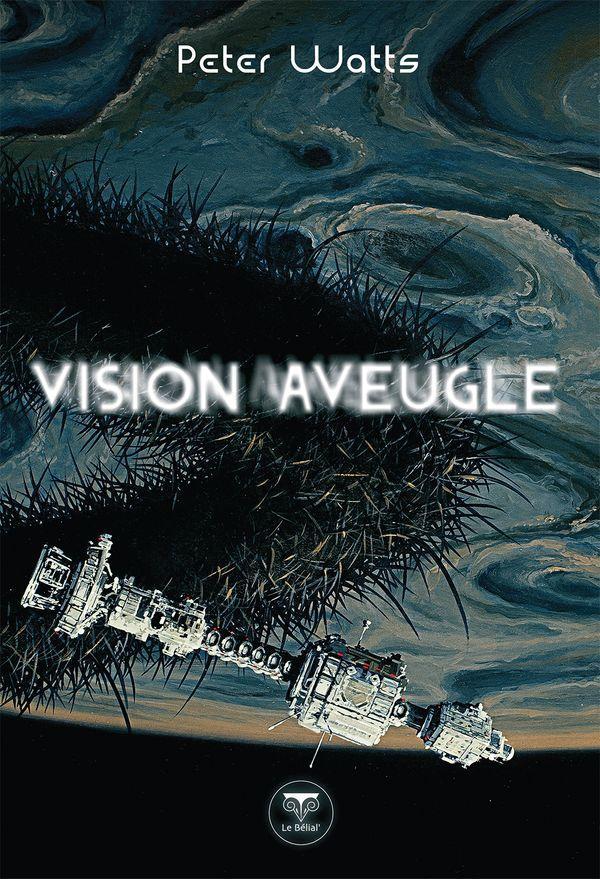Niklas reviewed Blindsight (Firefall, #1) by Peter Watts
An early abort for me
1 star
Had to put it aside after ~ 50 pages. Could not follow anything that's going on at all due to all the slang and obscure references used.

French language
Published May 15, 2021 by Le Bélial'.
Blindsight is a hard science fiction novel by Canadian writer Peter Watts, published by Tor Books in 2006. It won the Seiun Award for best translated novel and was nominated for the Hugo Award for Best Novel, the John W. Campbell Memorial Award for Best Science Fiction Novel, and the Locus Award for Best Science Fiction Novel. The story follows a crew of astronauts sent out as the third wave, following two series of probes, to investigate a trans-Neptunian Kuiper belt comet dubbed "Burns-Caulfield" that has been found to be transmitting an unidentified radio signal to an as-yet unknown destination elsewhere in the Solar System, followed by their subsequent first contact. The novel explores themes of identity, consciousness, free will, artificial intelligence, neurology, and game theory as well as evolution and biology. Blindsight is available online under a Creative Commons license. Its sequel (or "sidequel"), Echopraxia, came out in 2014.
Had to put it aside after ~ 50 pages. Could not follow anything that's going on at all due to all the slang and obscure references used.
Content warning Mildly spoilery review, no details
I have only just encountered Watts's work. This book is a crashing tangle of ideas, drawing from evolutionary biology, to (most particularly) cognitive science and philosophy of mind of the late 1990s.
A ship, whose crew are all variously transhuman in diverse ways, are sent to communicate with first contact. The newcomers, however, are deeply mysterious, alien in the realest sense. The result a disorienting experience in which none of the available main characters are quite someone you can wholly empathise with, and we remain uncertain throughout of just what the encounter will involve for the crew or humanity generally.
My perception overall is this book, with its extensive references and sources section, is the kind of thing you might get if Michael Crichton wrote space opera (though perhaps more disciplined and sharper). It is jam packed with well executed ideas. Ultimately, I found it quite difficult to get through in parts simply because of just how utterly out of their depth everyone was, and how desperate and hopeless the contact mission would seem to be. I suspect this is indeed Watts's intent.
While it was nice to see the richness of the cognitive science being drawn on, my own theoretical commitments also mean that none of what is in play with regards to human cognition is really tenable though. That's a very niche complaint that most of the world won't have. A little more broadly is the easiness of the some of the evolutionary psychology though - some of which is I think a little problematic.
Overall, though, this is a very solid, well written space opera thriller, if a little grim.